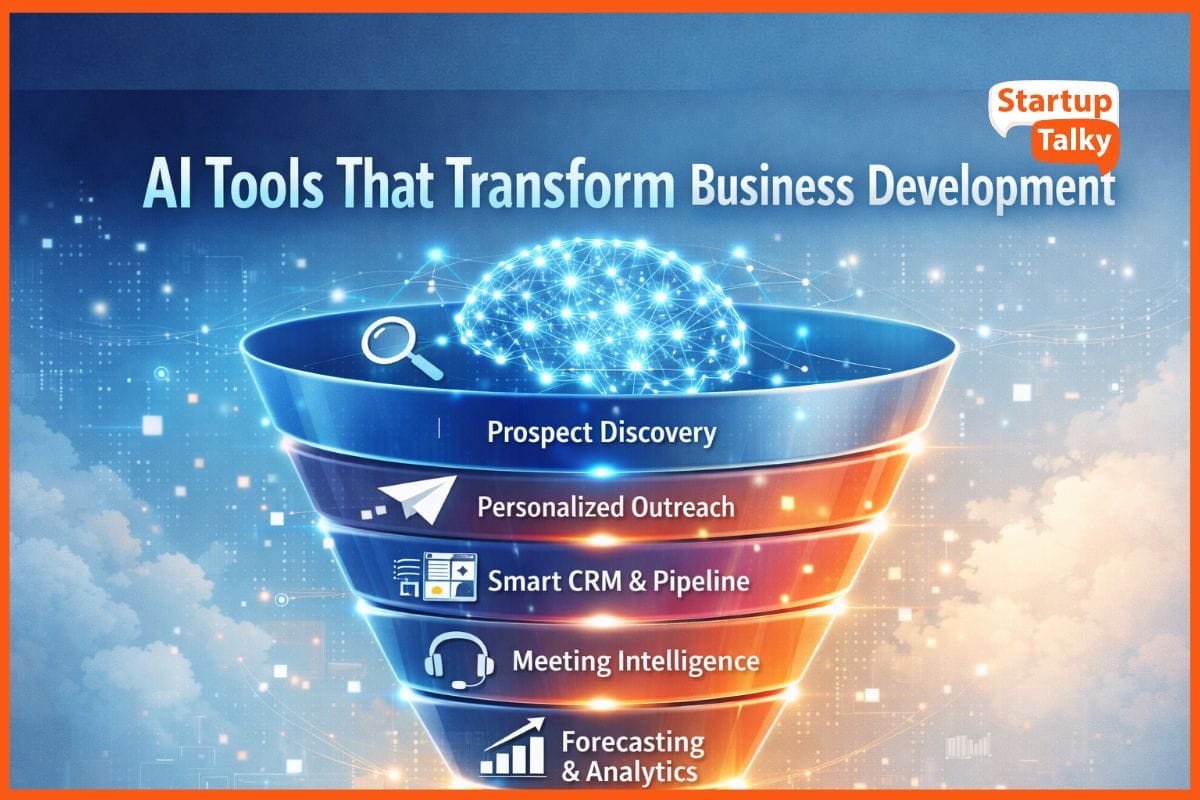How Credit Scores Plays an Important Role in the Fintech Industry?
🔍Insights
In the last 7 to 8 years, the fintech industry has experienced immense growth all over. A countless number of fintech startups have begun their journey in the last few years and have already put their name on the list of top fintech companies.
As of 2020, the global market size value of the fintech industry is $110.57 billion. Fintech or financial technology is a form of technology that is challenging the traditional method of providing financial services to people.
Now in the fintech industry, there is a thing called credit score, and everyone is dependent on them, including consumers, business ventures, and purchasers. In this article, we will learn how credit scores play an important role in the fintech industry. So without any further, let’s get into the business.
“The major winners will be financial services companies that embrace technology.” – Alexander Peh
What Is a Credit Score?
Fintech Industry in India
Role of Credit Scores in Fintech
How Credit Score is Calculated?
Why Credit Score is Important?
How to Improve Credit Score?
Benefits of High Credit Score
What Is a Credit Score?
In simple terms, a credit score is a number that decides your creditworthiness. The number is between 300 to 850. The more your number is the more is your creditworthiness. This score actually depicts your chances to pay off the money that you owe to the lender.
This helps any kind of financial institution to understand if you are dependable enough to pay the loan if they lend you. If your credit score is high, then the chance of getting a loan and credit increases for you, if you want to buy something. If the score is lower then, the chances of getting a loan decrease.
There are different credit bureaus that check your credit scores and make a report on it and send it to you. The reports are based on many factors. There are three top and popular bureaus that count the credit scores of people.
There are there main international credit score bureaus that assess people’s credit score and they are:
- Equifax
- Experian
- Transunion
Fintech Industry in India
The fintech industry in India has taken a huge turn in a few years, it has changed the way we used to enjoy financial services in the past. Currently, it wouldn’t be wrong to say that India is the hotspot for fintech startups.
As of 2021, the market size is $31 billion and it is said to be the third-largest in the world. By the next five years, we are going to see 22% growth annually. The country has 1860 startups in the fintech industry, out of those 17 have already got the Unicorn status. In the last two years, massive numbers of people have adapted to digital payments systems for any kind of transaction, and it’s only going to increase.
Role of Credit Scores in Fintech
The first thing the financial institution will do after getting your, request for the loan, is to check your credit history. If your credit score is good enough, then it will provide you with the loan and apart from that, loads of rewards and benefits. It is very good support for the fintech companies who are lending money to the borrowers.
How Credit Score is Calculated?
The way of calculating credit scores varies from bureaus to bureaus. They have their own model that they use to get the result. There are five things that are taken into consideration during the evaluation process and they are:
- 35% of your Payment History
- 10% Credit mix
- 10% of new Credit
- 30% of your Credit utilization
- 15% of Credit history length

Why Credit Score is Important?
The credit scores help you in two ways and they are:
- Your credit score lets you know where you are lacking, the complete report gives you an idea of how you can improve in that area to increase your score. The report consists of all the transactions that you have made.
- Through a good credit score, you are eligible to get attractive offers on loans and credit cards. A credit score of 750 and above is the best to get good offers.
How to Improve Credit Score?
- Pay your debt before the due date every month.
- Don’t ignore your overdue bills pay them as soon as possible.
- Keep in mind the credit card you use and its type.
- Don’t spend too much on your credit card. Be aware of your spending and try to cut the unwanted ones.
Benefits of High Credit Score
A high Credit score has several advantages, some of which are listed below.
- When your credit score is higher, you are eligible in front of banks to get loans and credit cards at considerably lower interest rates. Plus there is a chance of a discount on the processing fee of a high loan amount.
- Those who have higher credit scores have a lower risk rate of not paying their debts. It basically means the chances of your loans getting approved are higher.
- You are eligible for a credit card that offers good rewards and other offers like cashback as well.
- Your credit limit increases, if you’re worthy, then the creditors know that you will pay your debt on time, this increases their trust which in return increases the credit limit.
- Attractive Car insurance and home insurance rates are offered to those with good credit scores.’
- Less number of documents is needed by lenders from you.
- Guarantors are not needed when you are taking a loan if you have a good credit score.

Conclusion
Getting loans or credits can be quite a hassle but if you have a good credit score, then lenders won’t hesitate to lend you the money. Fintechs take the help of credit scores and realize who to lend money and who do not. The credit scores assure the fintech, about your credit risk and the money that they are about to lend,
FAQ
Why do financial institutions look at your credit scores?
Financial institutions take the help of credit scores to determine what kind of borrower you will be and if you are creditworthy or not.
Who uses credit scores?
Credit scores are used by financial service givers, especially lenders.
What is a good credit score?
A credit score of 700 or above is a good one as achieving the perfect 850 is quite hard.
What are the factors that affect credit score?
Payment history, Amount owed, Credit history length, Credit mix, and New credit are the factors that affect credit score.
Must have tools for startups - Recommended by StartupTalky
- Convert Visitors into Leads- SeizeLead
- Website Builder SquareSpace
- Run your business Smoothly Systeme.io
- Stock Images Shutterstock






